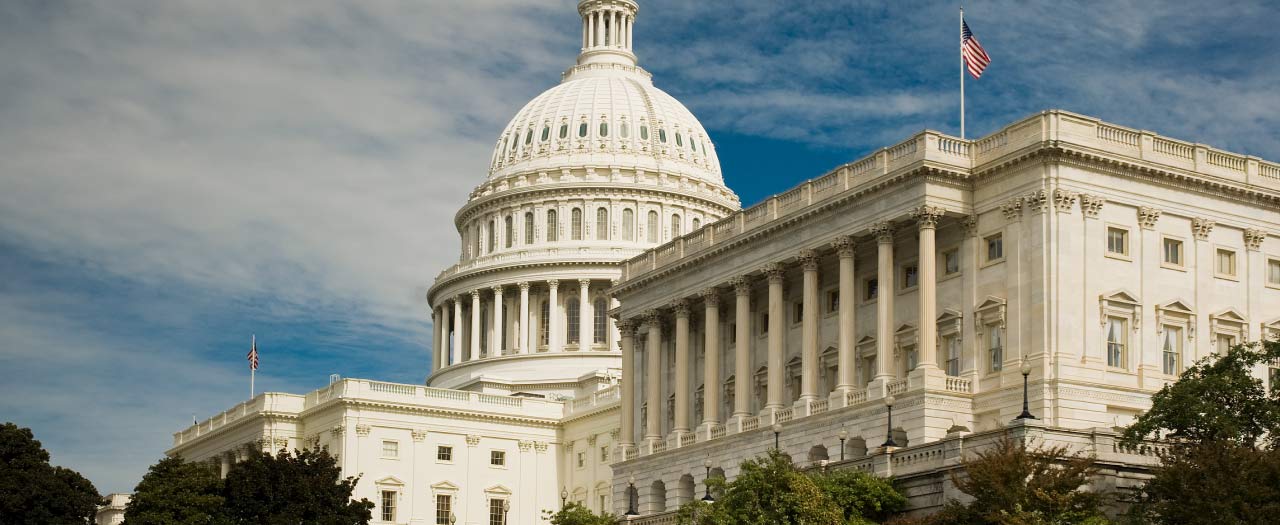- Home
- Programs
- Business
- BBA Public Accounting
- BBA General Business
- BBA Finance
- BBA Management
- BBA Marketing
- BBA Risk Management & Insurance
- Master of Business Administration (MBA)
- Certificate in Accounting
- Certificate in Banking & Financial Services
- Certificate in Financial Literacy
- Certificate in Financial Technology & Cybercrime
- Certificate in Global Supply Chain Management
- Graduate Certificate in Functions of Business
- Child & Family Studies
- Communication Studies
- Computer Science
- Criminal Justice
- Education
- Emergency Medical Care (Paramedic)
- Fire Science
- General Studies
- Health Services Administration
- Homeland Security
- Hospitality & Tourism
- Instructional Design & Learning Technology
- Nursing
- Occupational Safety & Management
- BS Occupational Safety
- MS in Safety, Security & Emergency Management
- Graduate Certificate Construction Safety
- Graduate Certificate in Cyber & Security Management
- Graduate Certificate in Emergency Management & Disaster Resilience
- Graduate Certificate Healthcare Safety
- Graduate Certificate in Occupational Safety
- Graduate Certificate in Safety Leadership & Management
- Graduate Certificate in Supply Chain Safety & Security
- Certificate in Social Intelligence & Leadership
- Occupational Therapy
- Paralegal Science
- Political Science
- Psychology
- Public Administration
- Public Health
- Social Work
- Sport Management
- See All Programs
- Business
- Tuition & Financial Aid
- Application & Admission
- Resources & Support
- About Us



